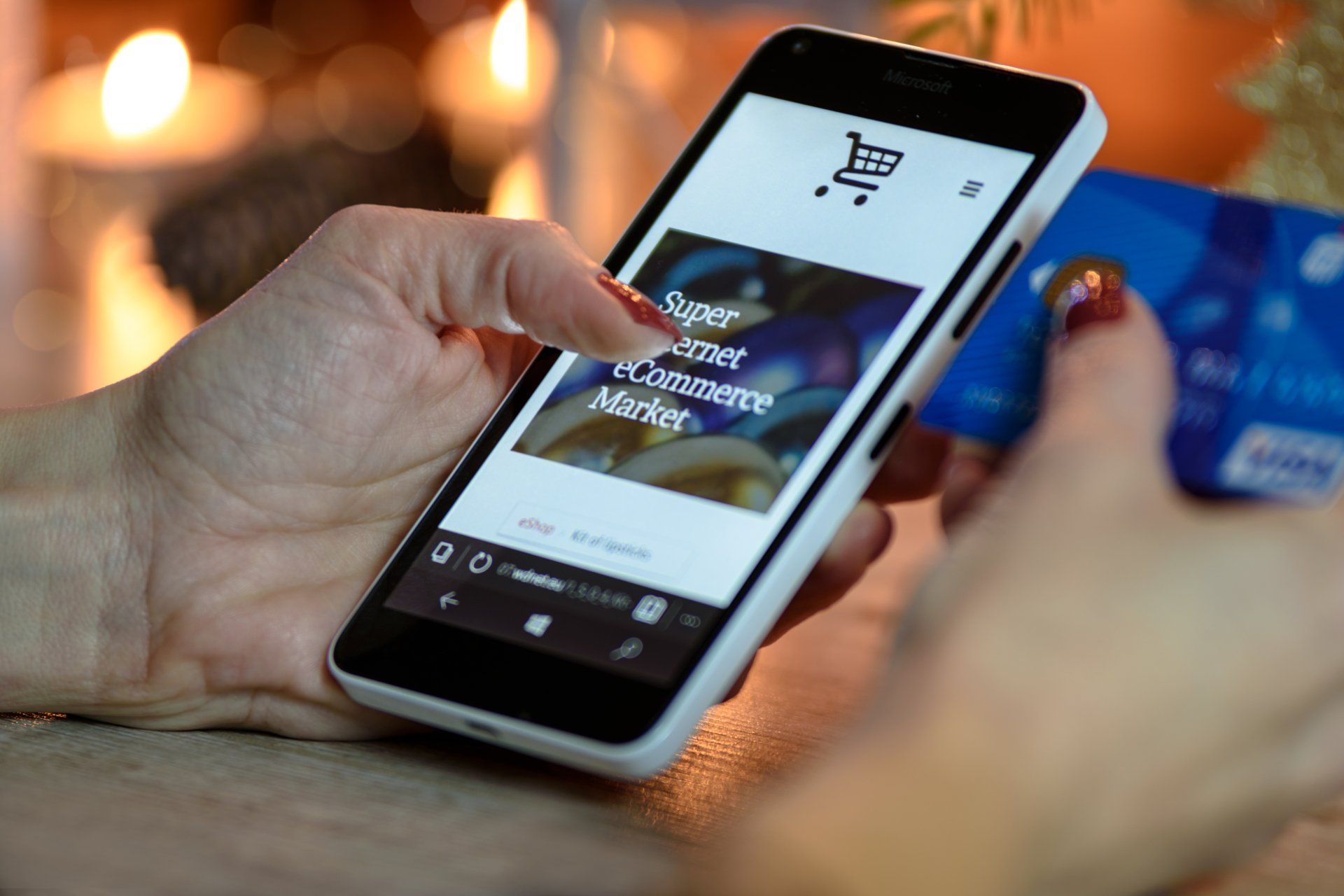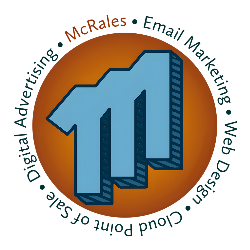Business Loans 101
Team McRales • September 16, 2019
Business Loans 101
We've all seen the ads and heard the commercials. "Lowest interest rates! Easy financing! Yada, yada, yada..." Everyone from big banks to the small brokers make this claim, and we're fooled into thinking that rates are the most important thing to look for in a business loan. But what's the real story?
With 15 years in the banking industry, I've thought a lot about the best ways fro small businesses to approach getting a loan.
Here are five things you should consider to make your experience smoother and more successful.
Ask for a loan before you need it. It sounds counterintuitive, but lenders prefer to lend to people who already have money in the bank. They want to make sure clients can pay them back and that they know how to properly manage cash. Your business is an individual entity that, just like you, has a credit rating. And just like you, your business is judged by how it's used credit throughout its life. The more you've exercised your credit, the better the rates and offers you get. Think about the first credit card you ever received. Remember how high that APR was? If you've managed your credit well over the years, that starting rate is nowhere near the lower rate you currently enjoy.
Leave your ego at the door. Just because your business is successful does not give you any leverage with your local bank. Despite the hand shakes, smiles, free stress balls, and fee waivers now and again, all banks and alternative lenders are regulated by the government. They have a baseline set of rules that they must follow. You need to be aware of those rules to successfully do business with those institutions. This isn't to imply that all banks and lenders follow the same restrictions (only the baseline rules), so be informed and shop around.
Interview multiple lenders. This is a very important step, and it's one not enough small business owners take. Not all banks and alternative lenders are created equal. Although the rules of lending may be universally similar, each bank and lender has an appetite for certain types of businesses. Speak to the loan officers and ask questions. Not just about the rules of the bank, but how that loan officer works. You need to find yourself someone who'll be your partner in developing you business credit. In getting you the loan you need. DO NOT give them your Social Security Number or EIN to run a credit check until you have decided that they are the right fit. (NOTE: There is a great article by Brayden McCarthy of Fundera that goes into what pricing should really look like.)
Know their role. The two most important people to recognize when you are looking for business lending are the loan officer and the underwriter. The loan officer is the bank or lending sales agent. They are commission-based, so their job is to sell you on why you should do business with them. They have a financial interest in trying to get you booked. (Notice I didn't say "get you what you need.") The second person is the underwriter, who is usually salaried. Their job is to give out money to businesses that meet the lending criteria set by the bank. Every time they approve a credit application, they take responsibility for the life of the loan. If the loan goes bad, it is a negative hit on their track record. Depending on the severity of the lapse and how often it happens, the underwriter can even lose their job. The checklist they complete while processing your application is the only thing they can hold up and say "not my fault" if your loan goes south. That's why they are so tough on guidelines and policies.
"No" is not an end, but a beginning. Contrary to popular belief, if you go through the application process and get are turned down, that's a step in the right direction. Instead of seeing "No" as an end to the application process, simply view it as a note from the underwriter stating, "Please complete the following so I can approve your application." If you've chosen your loan professional the right way, they'll help you create a plan to meet the requirements. Remember, the underwriter is trying to complete a checklist, so help them do it.
Getting a business loan, or line for that matter, is something that needs to be planned out, even built into your initial business plan before you launch. Preparing and planning in advance will help you achieve your goal and protect your business cash flow during the unavoidable rough patches. As the saying goes, "Forewarned is forearmed."
Until next time,
JLM

Experience seamless sales, unrivaled support, and mobile mastery when you upgrade your Square Online Store with Ecwid. Our latest blog post at McRales.com explores the transformative benefits of integrating Square with Ecwid. Discover how to sync your offline and online sales effortlessly, tap into six hours of expert web design assistance, and captivate your customers with a fully-branded mobile shopping experience. Elevate your e-commerce platform today with McRales—where technology meets tailor-made solutions. Read our insightful guide to push your online business ahead of the curve.

FAQs (short for frequently asked questions) help your business stay organized and allow customers to find information easily online, rather than having to call or visit your store/office to get the information they need. Your website design company should recommend that you create an FAQ page as part of your digital marketing strategy. If you haven’t created an FAQ page on your website yet, here are some tips on how to do it right and get the most out of it. What is a FAQ? A frequently asked question, or FAQ, is exactly what it sounds like: an answer people might commonly ask about a specific topic. If you are running a business and selling something online, there’s no better way to quell customer concerns than with an easily accessible list of frequently asked questions. They should be short and sweet — just enough info that someone with limited knowledge of your product can grasp its uses quickly and easily.






